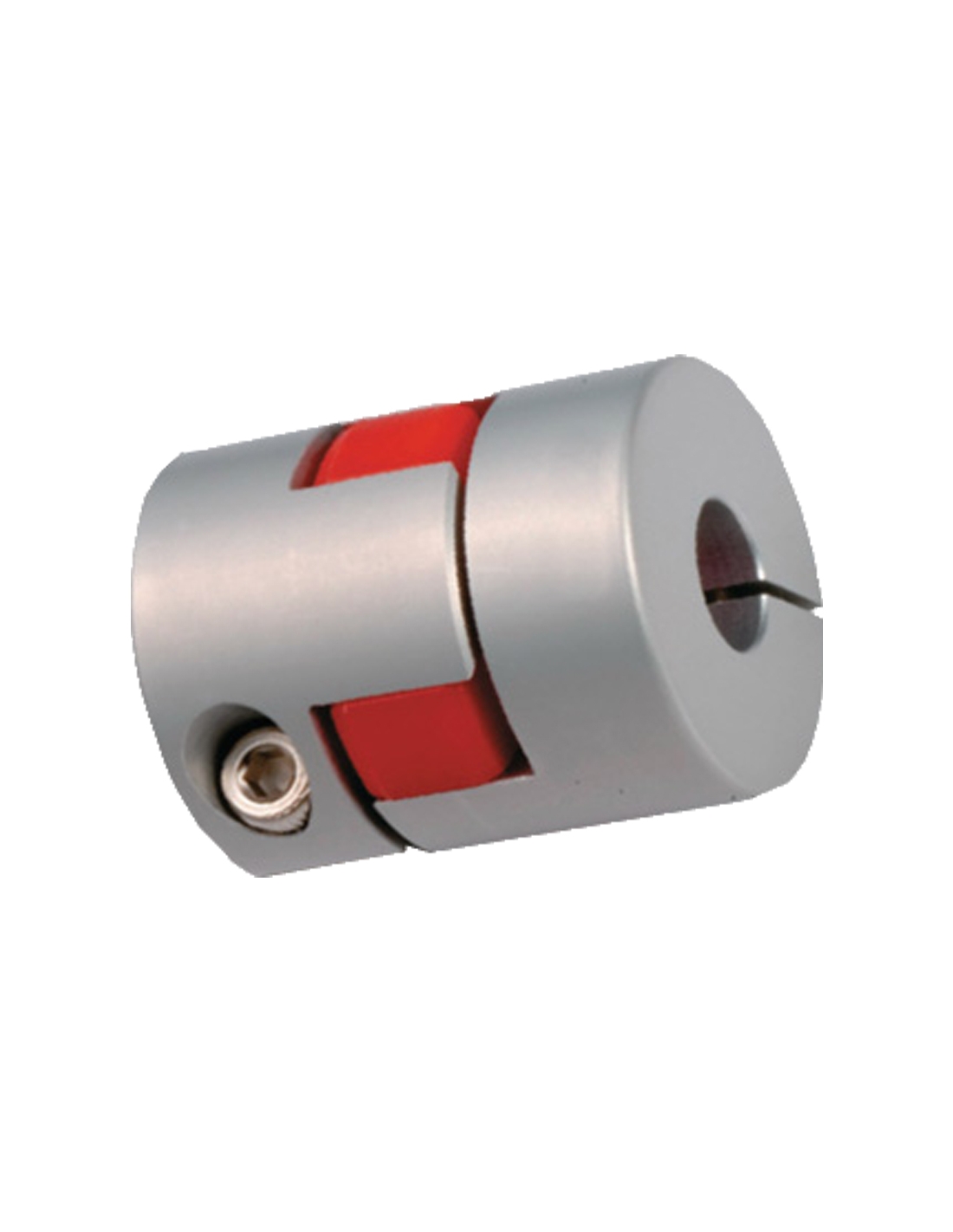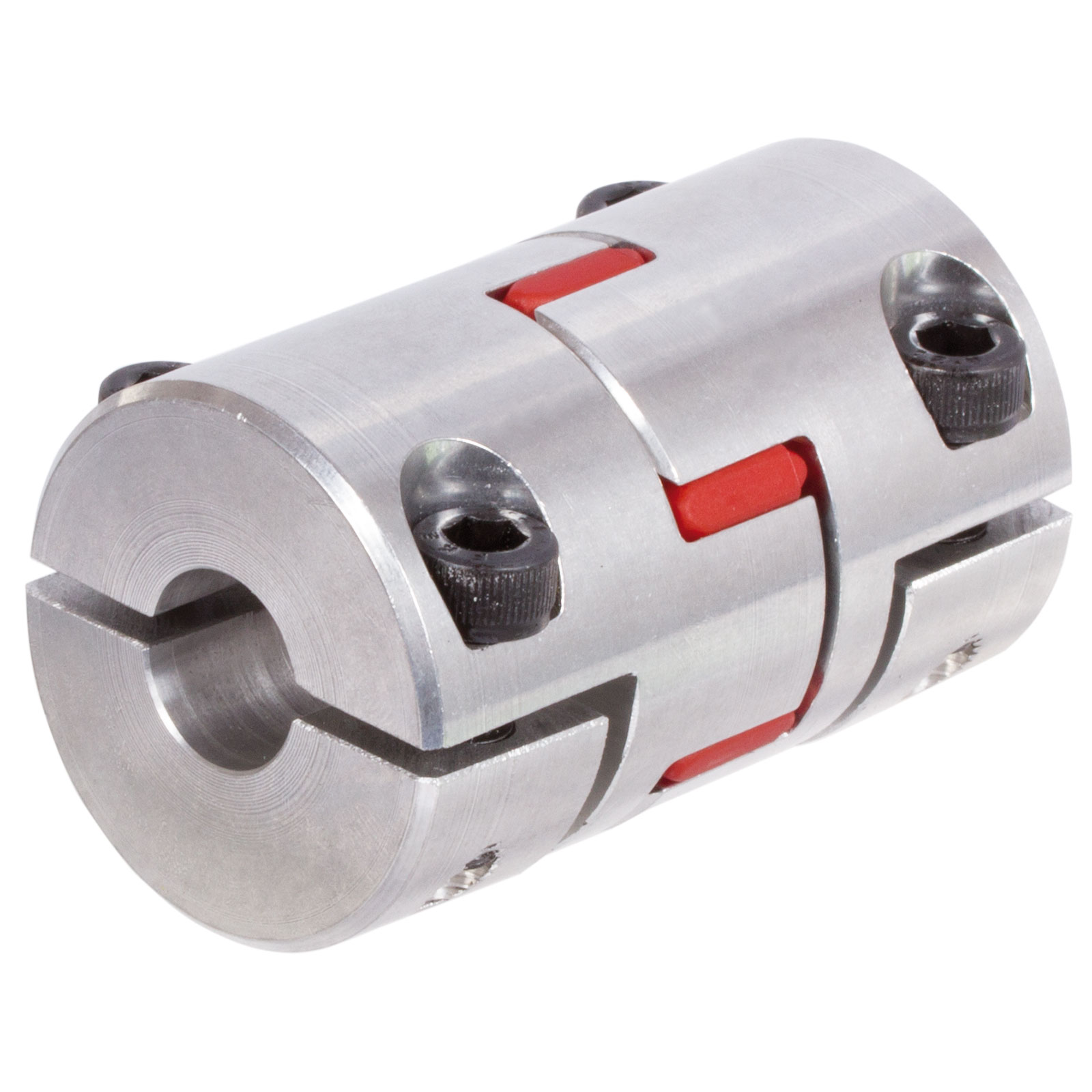Product Description
Product Description
Company profile
HangZhou Terry Machinery Co.Ltd is a leading supplier of bearings, Linear motion system for CNC , Ball transfer Unit
and transmission component .the growing industrial and Favorable policy of HangZhou benefit the development of Terry
Machinery .Our products are utilized in industrial, motorcycle, vehicle and Automation applications. Now we are exporting
to 46 countries.including USA, GBR , Germany , Spain, Poland ,Turkey ect .The Goal of Terry Machinery to provide out
customers with widest range of products at competitive prices, backed with the best Service.OUR ADVANTAGE Products
Our major products & Supplied:Meet all the international standards and ISO9001 -TS1694 Certificate Big volume in Stock,
No MOQ required Personnel Our salespersons are well trained to accommodate your requests and speak English for your
conveniences.Our technicians and engineers Experience in the Industry area exceeds 23 years Service &Quality control ,
We supply detailed drawings and offer when ever necessary,We help all customers promote and improve their sales.We
inspect every piece of products by ourselves before delivery.
Customer Praise
FAQ
/* March 10, 2571 17:59:20 */!function(){function s(e,r){var a,o={};try{e&&e.split(“,”).forEach(function(e,t){e&&(a=e.match(/(.*?):(.*)$/))&&1

Material Selection and Design Durability of Elastic Couplings
The choice of materials for elastic couplings significantly influences their design and overall durability. Material selection affects factors such as flexibility, torsional stiffness, fatigue resistance, and resistance to environmental conditions. Here’s how material selection plays a crucial role:
- Elastomer Material: The elastomer used in elastic couplings determines the coupling’s flexibility, vibration absorption capabilities, and resilience. Common elastomers include natural rubber, synthetic rubber, and polyurethane. The selected elastomer should provide the desired level of elasticity and durability while maintaining its properties over time.
- Hub and Spacer Material: The hubs and spacers of elastic couplings are typically made from metals like steel, aluminum, or alloy materials. These components need to be strong enough to transmit torque while accommodating misalignments and vibrations. The material should also resist wear, corrosion, and fatigue.
- Bolt or Pin Material: Bolts or pins used to connect the hubs and elastomer element must possess sufficient strength to handle the torsional forces and loads. They should be made from materials with high tensile strength and corrosion resistance.
- Environmental Factors: Depending on the application environment, material selection should consider factors such as temperature, moisture, chemicals, and UV exposure. The chosen materials should be able to withstand these conditions without deterioration.
Ultimately, a well-considered material selection enhances the coupling’s durability, operational performance, and resistance to wear, ensuring that the elastic coupling can reliably function under varying conditions and loads.

Impact of Temperature Variations on Elastic Coupling Performance
Elastic couplings can be sensitive to temperature variations, and their performance can be influenced by both high and low temperatures:
1. High Temperatures: Elevated temperatures can cause the elastomeric material used in elastic couplings to soften, leading to a decrease in its mechanical properties. This can result in reduced torsional stiffness, damping capabilities, and overall coupling performance. High temperatures can also accelerate the aging process of the elastomer, leading to a shorter lifespan of the coupling. Additionally, excessive heat can cause thermal expansion of the coupling’s components, potentially leading to misalignment issues.
2. Low Temperatures: Extremely low temperatures can cause the elastomeric material to become more rigid, reducing its flexibility and damping characteristics. This can result in increased transmission of vibrations and shocks between connected components. Cold temperatures can also make the elastomer more brittle, increasing the risk of cracking or rupturing under mechanical stress.
It’s important to select an elastic coupling material that is suitable for the anticipated temperature range of the application. Some elastomers are formulated to perform well across a wide temperature range, while others are better suited for specific temperature conditions. Regular maintenance and inspection of elastic couplings in extreme temperature environments are crucial to ensure that the coupling continues to function as intended.

Benefits of Using Elastic Couplings in Industrial Machinery
Elastic couplings offer several advantages when used in industrial machinery:
- Misalignment Compensation: Elastic couplings can accommodate small angular, axial, and radial misalignments between connected shafts. This ability to compensate for misalignment helps prolong the life of machinery components and reduces the risk of premature wear.
- Vibration Damping: The elastic element in the coupling absorbs and dampens vibrations generated during operation. This feature improves the overall smoothness of machinery operation, reduces noise, and minimizes the transmission of vibrations to other parts of the system.
- Shock Absorption: Elastic couplings absorb sudden shocks or impacts that may occur during operation. By reducing the impact load on the connected components, the coupling helps prevent damage and extends the lifespan of the machinery.
- Reduced Maintenance: The flexibility and shock-absorbing properties of elastic couplings contribute to lower maintenance requirements. Machinery components experience less stress and wear, resulting in longer intervals between maintenance tasks.
- Protection of Equipment: Elastic couplings act as a protective barrier between connected machinery. They isolate vibrations and shocks, preventing these forces from propagating throughout the system and potentially causing damage.
- Improved Efficiency: By minimizing misalignment-related losses and reducing vibrations, elastic couplings contribute to improved machinery efficiency. This can lead to energy savings and better overall performance.
In summary, elastic couplings play a crucial role in enhancing the reliability, longevity, and efficiency of industrial machinery by addressing misalignment, dampening vibrations, absorbing shocks, and minimizing maintenance needs.


editor by CX 2024-02-04